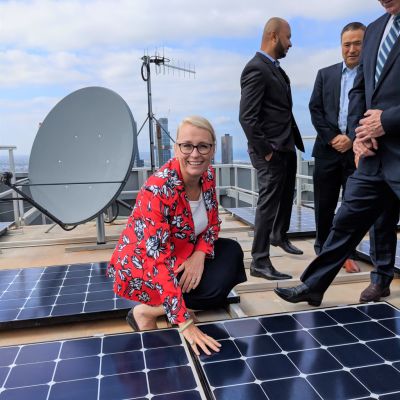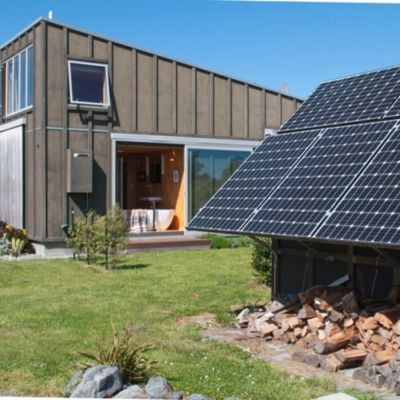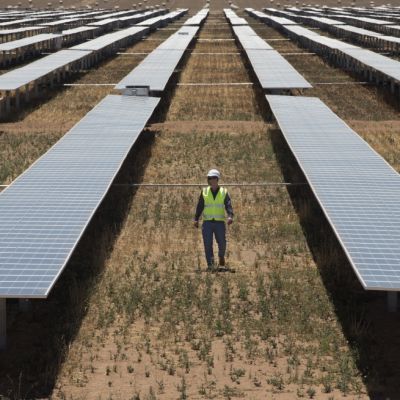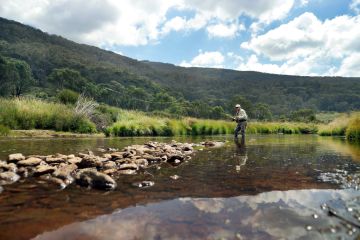Australian interest in solar spikes following bushfires, as more worry about emissions
Australians are showing more interest in rooftop solar and are more worried about their greenhouse emissions following the devastating bushfires, industry insiders say.
Inquiries about, and installations of, household solar have risen this summer, with one client survey showing environmental concerns are increasingly behind the uptake.
January, normally a quiet month for solar, saw buyer activity on comparison website SolarQuotes jump 17 per cent on last year and February was even busier, up 26 per cent, founder Finn Peacock said.
“What the installers are saying to me is they usually see a dip after Christmas, and they haven’t really seen that dip yet,” he said. “They’ve been starting back after the break flat-out.”
Solar consultants SunWiz said there had been a 33 per cent increase in solar generation capacity in January when compared to last year, based on clean energy regulator figures.
Managing director Warwick Johnston said December had also been a busy month, when record volume came online, but said that was before the fires had cemented themselves in the national consciousness.
“December is always a busy time for the solar industry because the subsidy level reduces slightly in January,” he said. “Overlaid on top of that you have a big general upwards trend in the solar industry.”
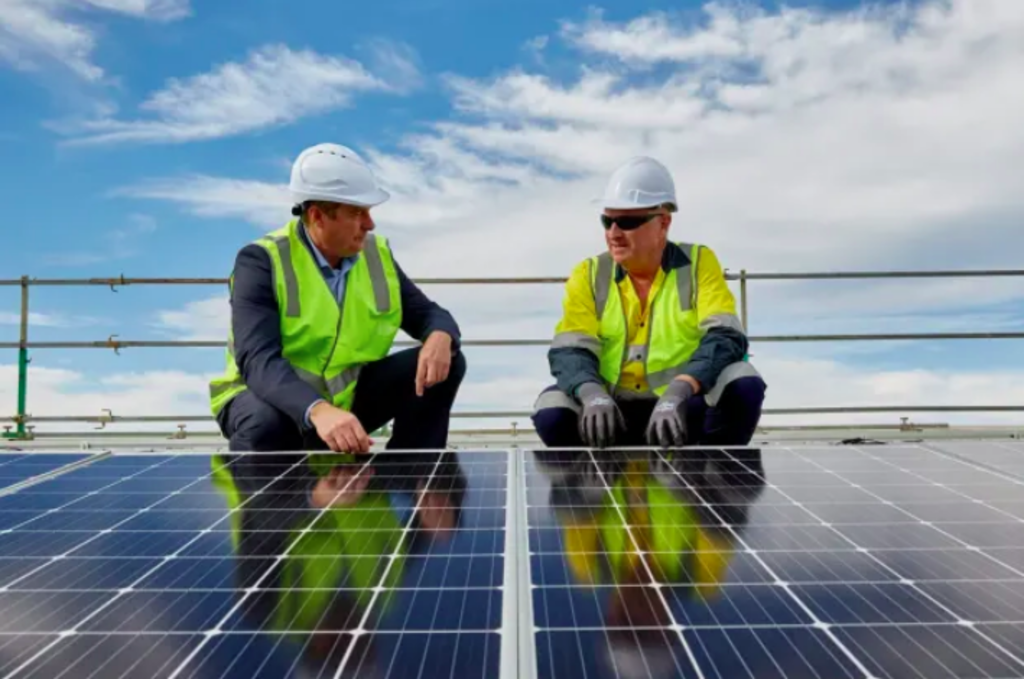
Mr Peacock said Australians’ motivation to install solar on their roofs was shifting from financial considerations to environmental concerns.
In a survey of 1339 of his customers done in January, he found that 65 per cent of them were in some way motivated by their concern for the environment and 35 per cent were purely financially motivated.
Of the 65 per cent, 14 per cent were purely motivated by environmental issues and the rest were a mix of the two.
He noted a sharp turnaround from his last survey, some five or six years ago.
“Every time we did it it was consistently 15 per cent environmental and 85 per cent financial,” Mr Peacock said.
“When I got into the industry I was environmentally driven, so it surprised me. [The environment] almost wasn’t a factor at all [for consumers].”
The financial benefits of rooftop solar were well established, Mr Johnston said, so it would continue to drive installations to some extent.
“For a system that has a lifespan of 25 years it’ll pay for itself five times over the lifespan,” he said. “They’re at the point where they’re producing more energy than they need realistically, but there may come a time in 10 years where people get an electric vehicle and they want to recharge it for $0.”
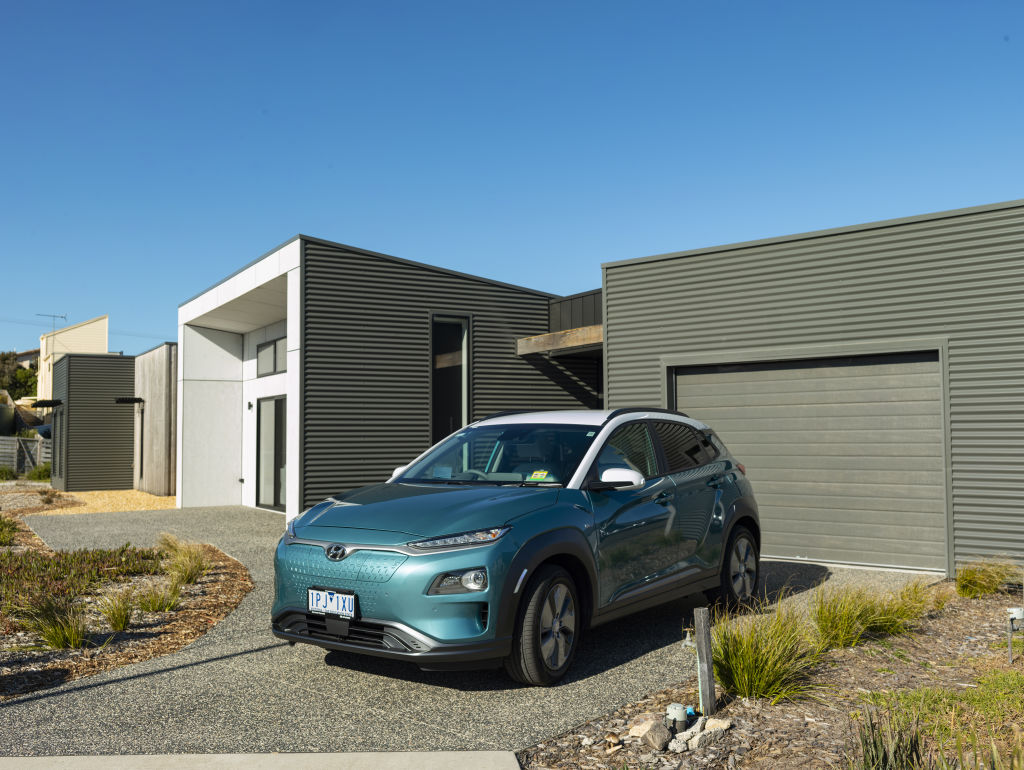
But Mr Johnston said concern for the environment was becoming more common among solar purchasers.
“There’s definitely an increase in people’s awareness and that was already happening before the fire season we just had,” he said. “We’re hearing more and more people say that they can’t sit here with a clean conscience, looking at the horrific fires and doing nothing.
“They say, ‘It’s environmental action that’s smart financially and doesn’t require me to change my diet, yeah let’s do it’.”
Mr Peacock agreed. “The bushfires have made people think, ‘I should do my bit to help with the climate crisis’.
“The question is how long will [that mindset] last. And I have no idea.
“They see the urgency of solving the problem of climate change which has changed their priority.”
States
Capital Cities
Capital Cities - Rentals
Popular Areas
Allhomes
More
